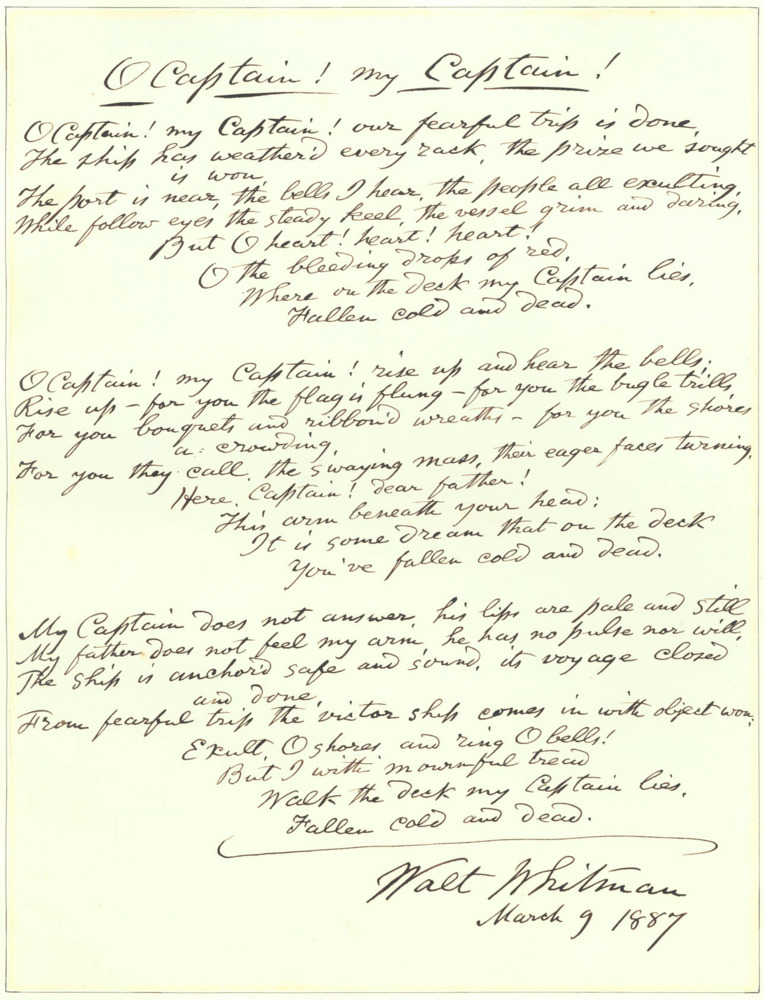Recently I’ve been reading Running In The Family written by Michael Ondaatje who talked about his return to his native home Ceylon, an island named Sri Lanka now. The book, in fact, looks like the combination of pieces of information. With the use of various literature types including logs, poems, and dialogues to accomplish his “travel journal”, Ondaatje also implied his identities in numerous ways; in other words, we cannot define and tell which role Ondaatje really plays in certain section of the narration. In the chapter named The Karapothas, from the excerpts such as “ Heat disgraces the foreigner.” and “I’m the foreigner”, it’s obvious to tell that he acted as a traveller who stepped on this island purposely in order to discover his family’s history. On the other hand, the identity as a “local one” is also shown in some other chapters. Although we read the book through the perspective of “I”, no one can make sure who the “I” really refers to. If we change it into a question: does the “I” indicate the Ondaatje with the colonialist heritage or Ceylon’s background, the answer can be “YES” because the point is not about the choice between “either” but of “both”.
It would be quite interesting if we apply the paradox above to the poem The Cinnamon Peeler. Here, Ondaatje described the cinnamon peeler’s eager love for his wife, and there are plenty of plots related to desire, sex, and belonging. From the first stanza “If I were a cinnamon peeler…on your pillow”, we can feel the strong desire of the cinnamon peeler make sure the belonging of his wife. He wants to leave the “yellow bark dust” or, as we can say, to leave anything he could to take hold of her and offer her a label that “you are mine”. In my perspective, instead of assuming that both the cinnamon peeler and his wife are real “people”, maybe we can suppose that the relationship of the couple, to some extent, is also the connection between Ondaatje and Ceylon. The latter is full of stories and history that the former was seeking for. It seems like that Ceylon, as a cinnamon peeler, tries to leave something on Ondaatje’s body or mind. The culture of the island worked as the yellow bark dust: trivial but obvious and cannot be erased easily. Playing as the “cinnamon peeler’s wife”, Ondaatje is quite passive because of his half-Ceylon identity, and Ceylon with its history kept flowing around him, cannot be caught but just there and left him a significant mark.

The same discovery can be made at the end of the poem as well. It’s quite obvious that the pronoun changes from “I” to “You” here, and the inversion makes the cinnamon peeler’s wife, who acts as an object in the previous stanzas, win the initiative. “I am the cinnamon peeler’s wife. Smell me” implies a confirmation of the identity, that is, the woman admits that she is the cinnamon peeler’s wife but nobody else. That’s the key sentence referring to the belonging. We can assume that during the travel of seeking for history, Ondaatje, who was left a mark of Ceylon’s culture and spirit, began to be conscious of his own belonging. Surrounded by the “yellow bark dust” all the time when he travelled as a “foreigner”, Ondaatje realized that he was also the “Ceylon’s wife” even though he cannot identify himself as a hundred percent Sri Lankan biologically. In this case, the last sentence “Smell me” can be treated as Ondaatje’s fervent longing to be accepted as a part of Ceylon.
We cannot just tell the character just from the disguised one made by the writer purposely. Even a little change of representation can lead us to a completely new world where we can find more than we have thought about. I still remember how I was impressed by Walt Whitman’s O Captain! My Captain!, a poem composed to memorize Lincoln’s contribution to the country. And I guess this can be an easy but typical example of altering the representation of characters in literal works. Although Walt Whitman didn’t mention his objects straightly in the whole passage, audiences can still get the point that the Captain is not just a captain, and the ship is not just a ship at all. With the knowledge of American background and history at that time, we can find that what the writer was willing to show us is a picture that Lincoln acted as a great Captain who went through hard times and brought America to “a new era”. Hence, avoiding to be blind is quite important when we read literature works especially poems because there can be a lot of invisible but essential information beneath each symbol.

What we cannot deny is that the identity in Running In The Family is pretty hard to be defined because of its broad range. However, just like my analysis in The Cinnamon Peeler, if we can think about the “I” critically and treat it not just the “I” but the half-Dutch Ondaatje, half-Sri Lanka Ondaatje or even Ceylon, I believe that we will find more than what we perceived at the first time. Briefly, the representation sometimes can be everything but the ostensible meaning in Ondaatje’s “fever dream”, and it’s necessary to take advantage of the method to discover his real identities in the book.
Thanks for reading! : )
Reference:
http://www.wikiwand.com/en/O_Captain!_My_Captain!
Recent Comments